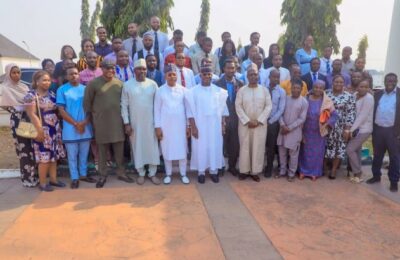Nigeria has witnessed a surge of mass protests that have captivated both national and international attention. These demonstrations, fueled by a sense of frustration, injustice, and a perceived lack of government accountability, have their origins in the death of awareness among the populace. This shift in consciousness has paved the way for a powerful movement demanding change, equality, and an end to systemic issues plaguing the nation.
The death of awareness refers to the gradual decline of public consciousness and concern regarding critical social and political issues. This decline has allowed various problems, including corruption, police brutality, and economic inequality, to persist unchecked. As awareness waned, the frustrations of ordinary Nigerians grew, leading to a tipping point that ignited mass protests. Certainly, here are a few examples of how a lack of proper communication has led to massive protests in Nigeria examples are as follows.
Fuel Subsidy Removal Protest : the Nigerian government abruptly removed fuel subsidies, causing gasoline prices to double. The decision was communicated poorly, catching many citizens off guard. The lack of transparency and consultation with the public fueled widespread anger and protests across the country.
EndSARS Protests (2020): The EndSARS movement, which aimed to end police brutality, gained momentum due to years of poor communication between the Nigerian government and its citizens. The Special Anti-Robbery Squad (SARS) had a reputation for abuse, and the government’s lack of accountability led to widespread distrust. Social media played a key role in organizing protests after the government failed to effectively communicate its plans for reform.
In each of these cases, poor communication and a lack of transparency have played a significant role in escalating public discontent and mass protests. Effective communication, consultation, and addressing the concerns of the citizens can help prevent such situations from reaching a breaking point.
One simple solution to avoid mass protests in Nigeria is to prioritize open communication and engage in regular dialogue between the government and its citizens. By actively listening to the concerns and needs of the people, the government can address issues before they escalate to the point of mass protests. This approach promotes transparency, builds trust, and demonstrates a genuine commitment to resolving challenges, ultimately creating an environment where citizens feel heard and valued.
– Ameh Eneojo Robert
300 Level Student of Mass Communication, Prince Abubakar Audu University, Anyigba, Kogi State.





